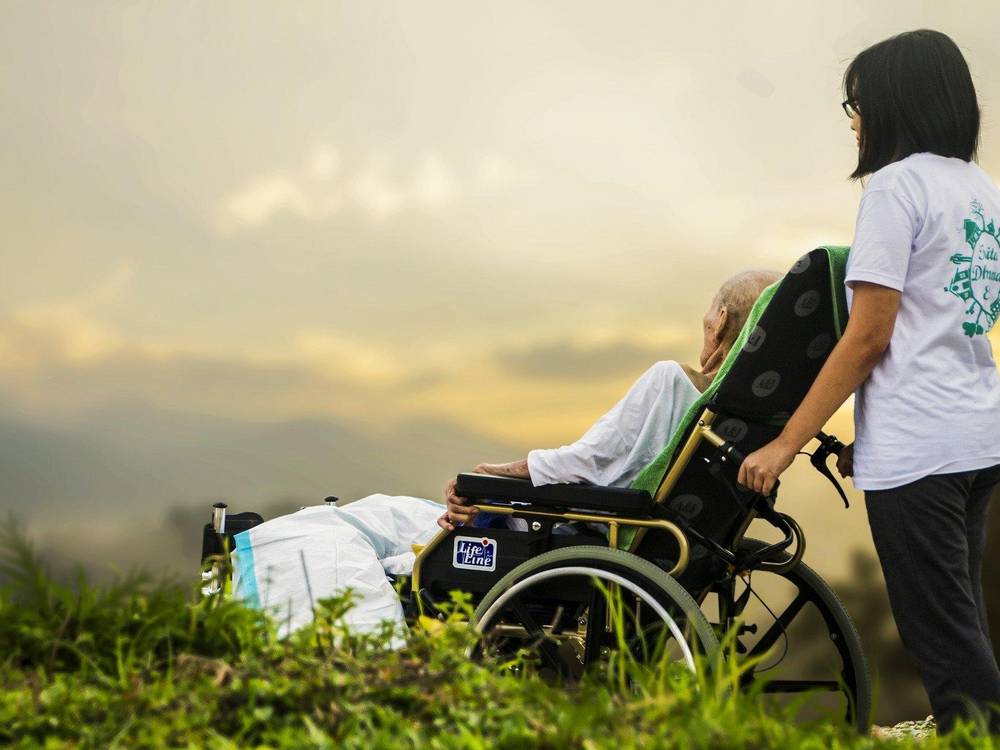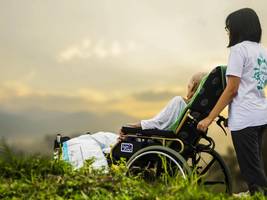Today, 21 March 2024, the Ombudsman Peter Svetina, as an honorary patron, addressed the participants of the dissemination conference Caring for Informal Caregivers in Palliative and Hospice Care, organised by the Faculty of Health Sciences in Celje. He stressed the urgent need for a systemic and comprehensive regulation of the different forms of support available to individuals, as this is the only way to ensure the constitutional coherence of the whole system and at the same time to protect individual rights.
According to some data, almost one in ten citizens is involved in caring for a relative who is frail, chronically ill or disabled, and it is therefore essential that we as a society become aware of the role of informal carers, without whom the hardships of many would be exacerbated. "We are not sufficiently aware of their burdens, their hardships in providing care and the share of the responsibility they shoulder to keep society as a whole functioning," he said.
He pointed out that no system can function without informal carers. He believes it is important that we as a society pay attention to a fairer distribution of care between formal and informal care, discuss the importance and possibilities of sharing care between family members, and also to involve men more in care. It is essential to devise solutions that make it possible to reconcile working life and caring for one's fellow human beings and, above all, to relieve the burden on those who care for others, who are still overwhelmingly women. "I see many challenges in raising employers' awareness of the importance of community care. Empowered, compassionate and socially sensitive employers who understand the needs of their fellow human beings can make a significant contribution to the satisfaction of employees navigating between caring for loved ones and work. Today you will learn about one example of good practice in this area. I would like to see as many like them as possible in society," said ombudsman Svetina.
At the dissemination conference, participants learned, among other things, about the results of the IMRO project, which aims to relieve the burden on working men and women who care for sick and dying relatives. The Ombudsman would like to see the solutions offered by the project implemented in practice. "In Europe, October will mark the fifth European Day of Family Carers. It is essential that the efforts of all those who care for people's quality of life at all stages of life are recognised as indispensable. They must be recognised as such by all and given the importance they deserve," said ombudsman Svetina.
The dissemination conference aims to open a dialogue on the issue of informal care in Slovenia and to raise awareness of integrated care in the home environment as a human right. It also aims to disseminate the results of the IMRO project, whose main objective is to relieve the burden on working men and women who care for a chronically ill, dying or elderly family member.

